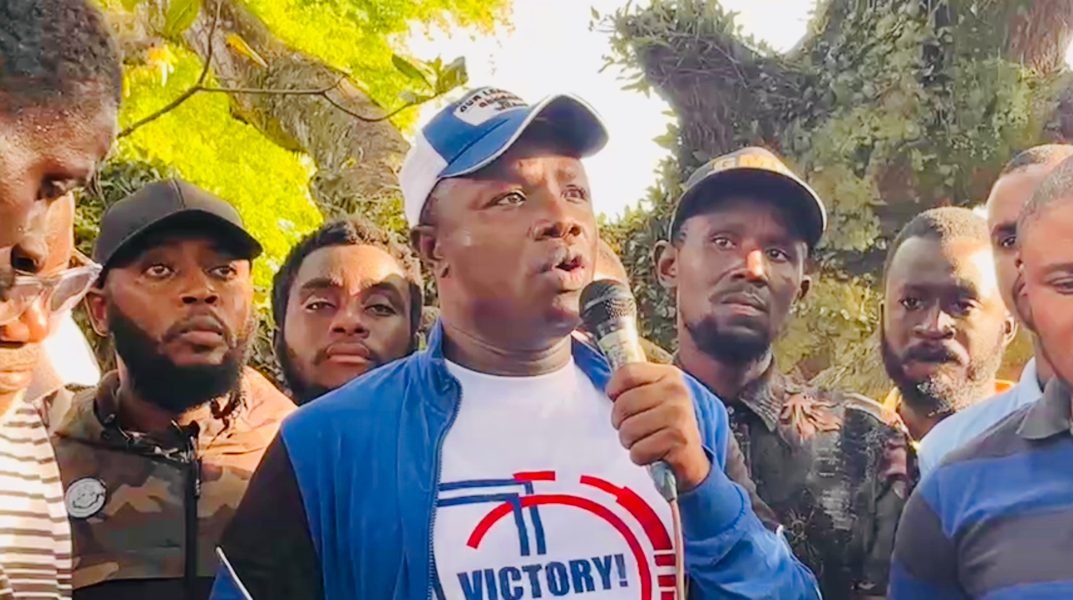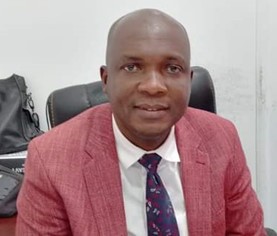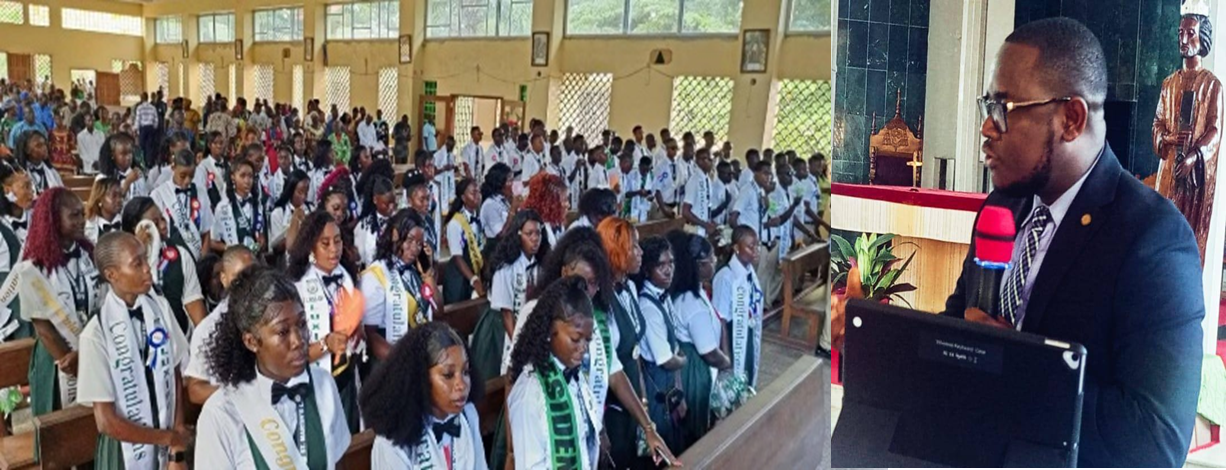The Election Coordinating Committee (ECC), with support from the embassy of Ireland in Monrovia, on Thursday ended a one-day “ECC Advocacy Engagement with Political Parties” with respect to women’s political participation and the amendment of section 4.5 of the New Election Law.
The discussion was held under theme, “Promoting Inclusive and Peaceful Democratic Processes in Liberia”.
Section 4.5 (b) of the New Election Law printed on December 15, 2014 states that a political party or coalition in its submission to the commission of its list of candidates for an election should endeavor to ensure that the governing body and its list of candidates has no less than 30 percent of its members from each gender.
Further, section 4.5 states that a list of candidates submitted to the commission for an election should endeavor to have no less than 30 percent of the candidates on the list from each gender.
Making presentation at the gathering, the Executive Director of the Institute for Research and Democratic Development and Election Coordinating Committee Steering Committee Member, Mathias Yeanay, said ECC has been working with UN Women and Irish Aid to amend section 4.5 of the New Election Law.
When amended, the IREDD Executive Director said, instead of asking political parties to endeavor for 30 percent members from each gender, the amended version of the law will mandate political parties to reach said benchmark.
“Let me just inform you that we from the Elections Coordinating Committee (ECC) have other partners, including UN Women and Irish Aid, and we have been working with the Legislature to see how we can amend that portion of the election law,” he said.
“The language that says endeavor to ensure, we think it is not mandatory, it is not strong and we think it is not just the view of the ECC; it is the view of all of us around the country. It is something that was generated from stakeholders from around Liberia, and even political parties thought that we need to strengthen that particular portion of the elections law,” Yeaney said.
According to him, this will provide the women of Liberia an opportunity to equally participate into electoral processes of the country.
“So it is not a bill that supports only women; it is a bill that clearly shows a kind of gender balance. For example, if I am from ‘Party A’ and submitting a list of candidates to the elections commission, that list should have two genders. Either you have a 70 percent male and 30 percent female or the other way around, which we want to make mandatory.”
The IREDD Executive Director noted that when the law is amended and fully followed it will create a balance and a platform for each gender to participate.
Yeaney mentioned that doing so will promote women’s political participation.
“There were also issues on how we even appoint women in leadership position and the role of women in politics, but at least we have progressed and we think that creating that space is more important so that we have a clear law that shows that Liberia supports women’s political participation and that women are not just looked at as second gender,” Yeaney maintained.
He further noted that there is a draft consolidated legal framework that has been submitted at the Legislature aimed at amending certain potions of the New Election Law, sponsored by Montserrado County’s district #11 Representative, Richard Nagbe Koon.
Six political parties—former ruling Unity Party, National Patriotic Party, United Peoples Party, Alternative National Congress, People Liberation Party and the Liberian Transformation Party—were the political institutions in attendance.
The political parties committed themselves to fully supporting the passage of the amendment and forceful implementation and adherence to that particular section of the New Election Law.
They mentioned progress being made by their various political parties to encourage more women’s participation, and assured the Election Coordinating Committee (ECC) that whatever the law says will be followed by their various parties.
According to them, women can make better decisions in every sector; as such, they too should be given specific recognition and the chance to demonstrate that at the national level.







